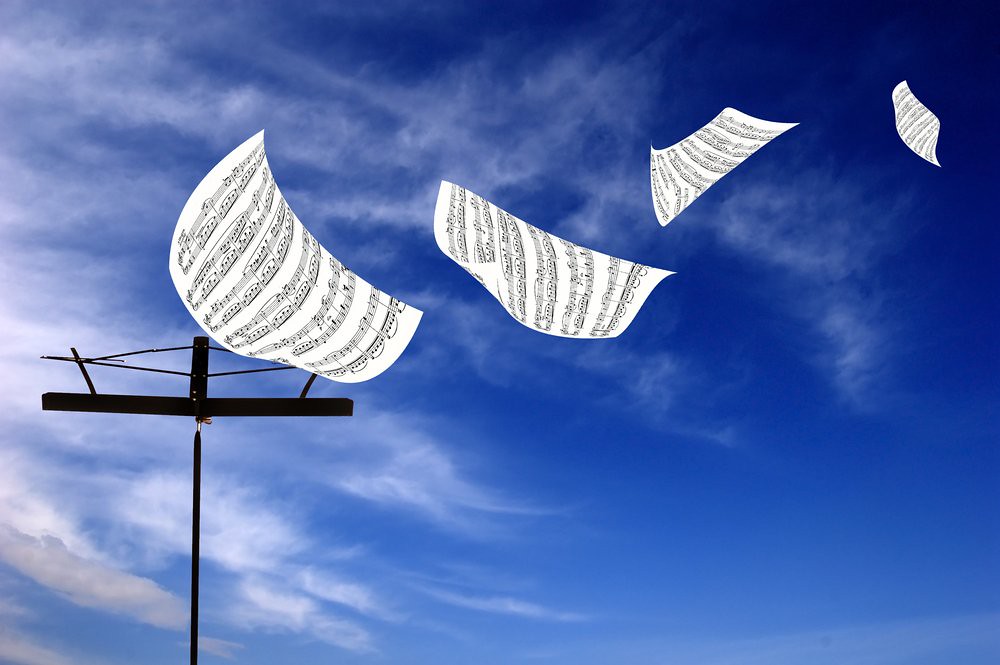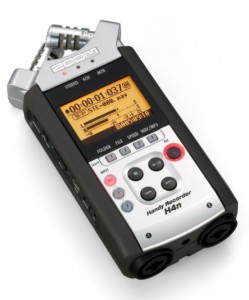 “The route to becoming an accomplished musician is seldom smooth and trouble free.”
“The route to becoming an accomplished musician is seldom smooth and trouble free.”
–The Musician’s Way, p. 202
We musicians may dream of performing brilliantly at every show or audition, but, in reality, things don’t always go as well as we’d like.
Especially for students, playing or singing under pressure can bring upsetting surprises: shakiness, memory slips, music wafting off the stand – you name it.
How can we learn from on-stage letdowns and bounce back stronger than before?
Developing Resiliency
The answer is to develop resiliency, which springs from cultivating a growth mindset as well as from being able to evaluate our work objectively and devise solutions for problems.
Then, with action plans in hand, we can head to the practice room empowered to progress, provided that the music we perform isn’t overly difficult.
Conversely, if we can’t grasp why something went wrong and see what to do about it, we tend to feel helpless.
The following tool helps rising musicians transform on-stage problems into artistic insights.
Performance Evaluation Tool, by Gerald Klickstein
Use this tool immediately following a practice performance or on the day after an audition or a public show. Be sure to record the performance you evaluate.
1. Note three or more aspects of your performance that went well
E.g., “The rhythmic groove was solid; the dynamic contrasts rocked; the tone was rich.”
2. Note things you’d like to improve before your next performance
“Improve memory in second section and overall mental focus.”
3. Determine the reasons for your successes
Cite what you did in practice to achieve the results you noted under item 1.
4. Specify action plans to achieve improvements
Determine your practice plan to address the issues you noted under item 2. E.g., “Apply memorization strategies from Chapter 4 of The Musician’s Way; then practice performing to enhance my ability to focus under pressure.”
Objective Self-Evaluation
Psychologists Mitchell Robin and Rochelle Balter wrote, “One of the most difficult lessons that we must learn as humans is how to rate our behaviors and features without globally rating ourselves.” (Performance Anxiety, p. 179)
Although it’s challenging to size up our work objectively and not put ourselves down when we miss the mark, by acquiring the skills to do so, we gain the means to overcome performance problems, conquer stage fright, and grow our artistry without end.
See p. 203 of The Musician’s Way for a sample self-evaluation done by a student who used the above tool.
Recommended Audio & Video Recorders
Audio recorders
Zoom H4N Pro. A musician favorite.
Zoom H2n. Excellent for self-study recording.
Tascam DR-22WL. A less-expensive option for self-study recording.
Video recorders
Zoom Q4n. Designed with musicians in mind. Excellent HD video and audio quality.
HD camcorders at Amazon – vast selection.
© 2011 Gerald Klickstein
Photo © Photosani, licensed from Shutterstock.com



Confidence really does come with age. When I first started performing at age 15 the spotlight terrified me, mostly because I feared an unsatisfied audience. But as I got older I started to care less about what others took from my music and performance, my main focus was on enjoying the rawness of my own music and feeling the adrenalin rush on stage. I am not intimidated by people any more,we all make mistakes ,we are not perfect and I am NOT composing music to satisfy the masses!